

8/04/2020
The SARS-Cov-2 coronavirus pandemic is changing our lives and the way we work. At the Institute, this is reflected in the widespread use of teleworking, except for those responsible for completing the experiments in progress and ensuring the maintenance of essential activities. But this also translates into the desire of our researchers and technicians to get involved in the fight against Covid-19.
Four PhD students in medical sciences at the Institute were selected in response to the call from the University Hospital Saint-Luc. First approached to assist in the reception of patients admitted for suspected Covid-19 (task which has since been reassigned to young general practitioners), our volunteers are now redirected to understaffed departments, which call upon to those of them with adequate training. Some are thus awaiting assignment while others have, for example, been called by the department where they had already worked during their assistantship.
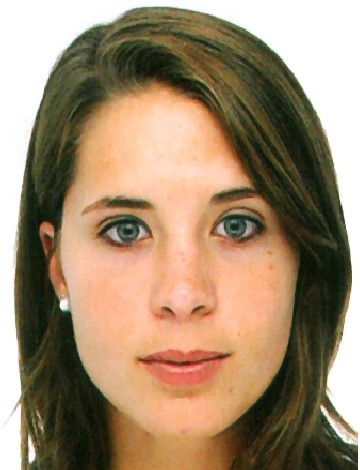 |
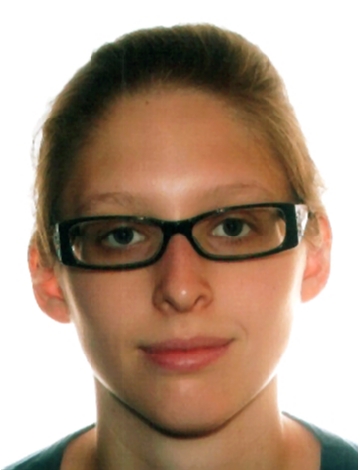 |
Our volunteers share their experience:"We were called in for reinforcement by the oncology day clinic at Hospital Saint-Luc because it was weakened on account of some sick doctors and assistants requisitioned for other tasks. The atmosphere in the hospital is still quite strange and is psychologically heavier than usual: the corridors are almost empty, the life that usually animates the place has vanished, many patients and some caregivers are anxious, especially because of the lack of means of protection. Although many of us remain calm, the stress of others cannot leave us indifferent. If there is one word that sums up our difficulties, it is UNCERTAINTY: we do not have the means to systematically screen all our patients, so we do not know who could be carrying the virus, outside of hospitalized and identified patients. So we don't know where to focus our precautionary efforts. We do not know what will happen next week, because if caregivers get sick the organization of the department could change at any time. All of this uncertainty also raises a lot of questions for our cancer patients who need treatment, and whose management programs change as new measures are taken. There is a little bit of anxiety, everything is more complicated. " |
||
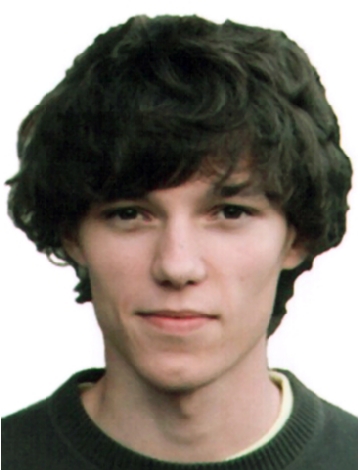 |
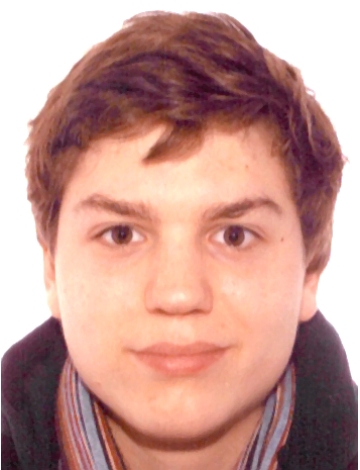 |
|||
|
Julie Lesenfants, Alix Devaux, Pierre-Florent Petit and Walther Brochier |
||||
Eleonore Pairet, paediatrician and PhD student in biomedical and pharmaceutical sciences at the Institute, brings her help to the ONE (Office National de l'Enfance). To make up for the lack of assistants, she is taking over some weekend call duties in paediatrics.
We have listed and made available to the clinical biology laboratories at University Hospital Saint-Luc the reagents and equipment they might need to meet an increased demand for diagnostic tests. At the same time, around sixty of our researchers and technicians volunteered to help carry out these tests. Coordinated by Joseph Dewulf and Jean-Philippe Defour, postdocs at the Institute and members of the department of laboratory medicine at Saint-Luc, this reinforcement has just started.
|
The first to be called give their testimony: |
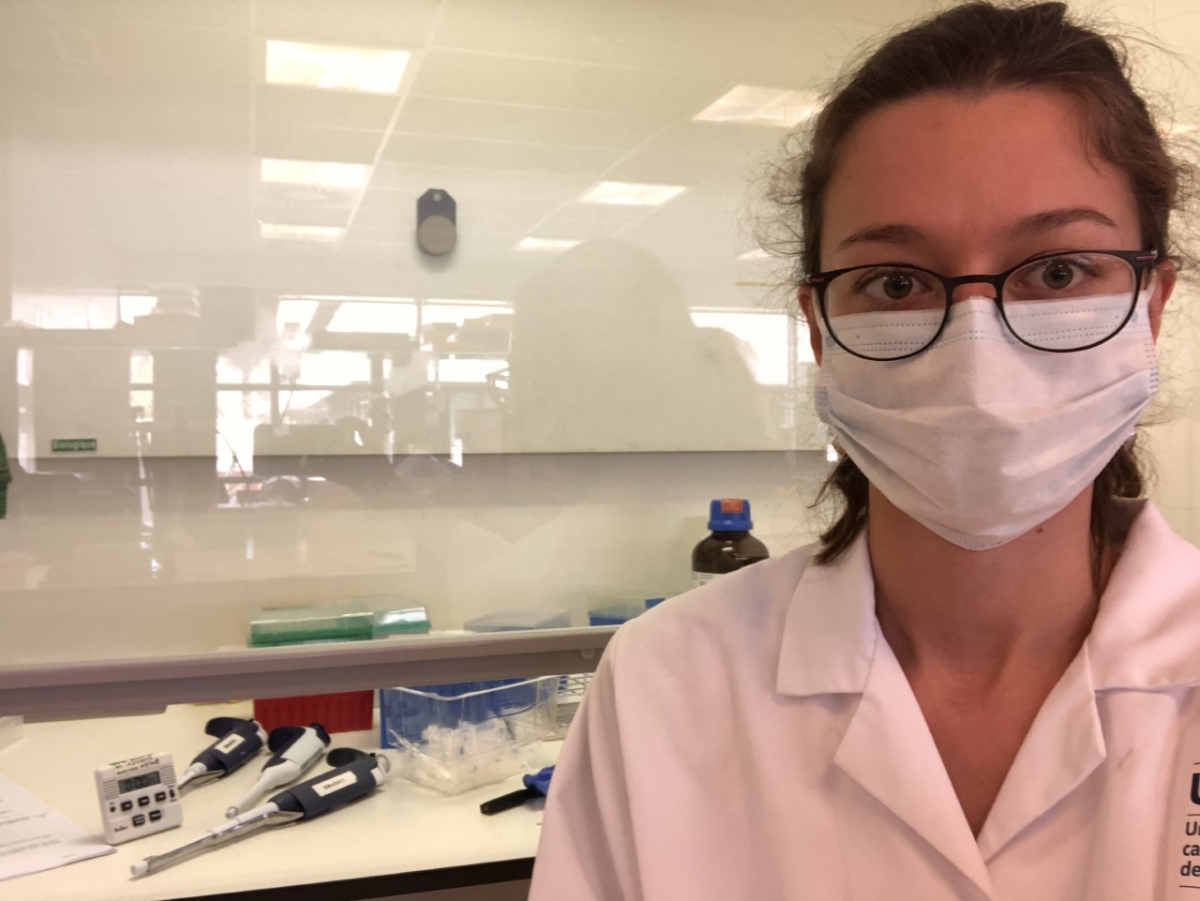 |
In the table below, Joseph Dewulf, Jean-Philippe Defour and Anaïs Scohy summarize the particularities of the types of tests currently practiced in Belgium while highlighting their advantages and disadvantages.
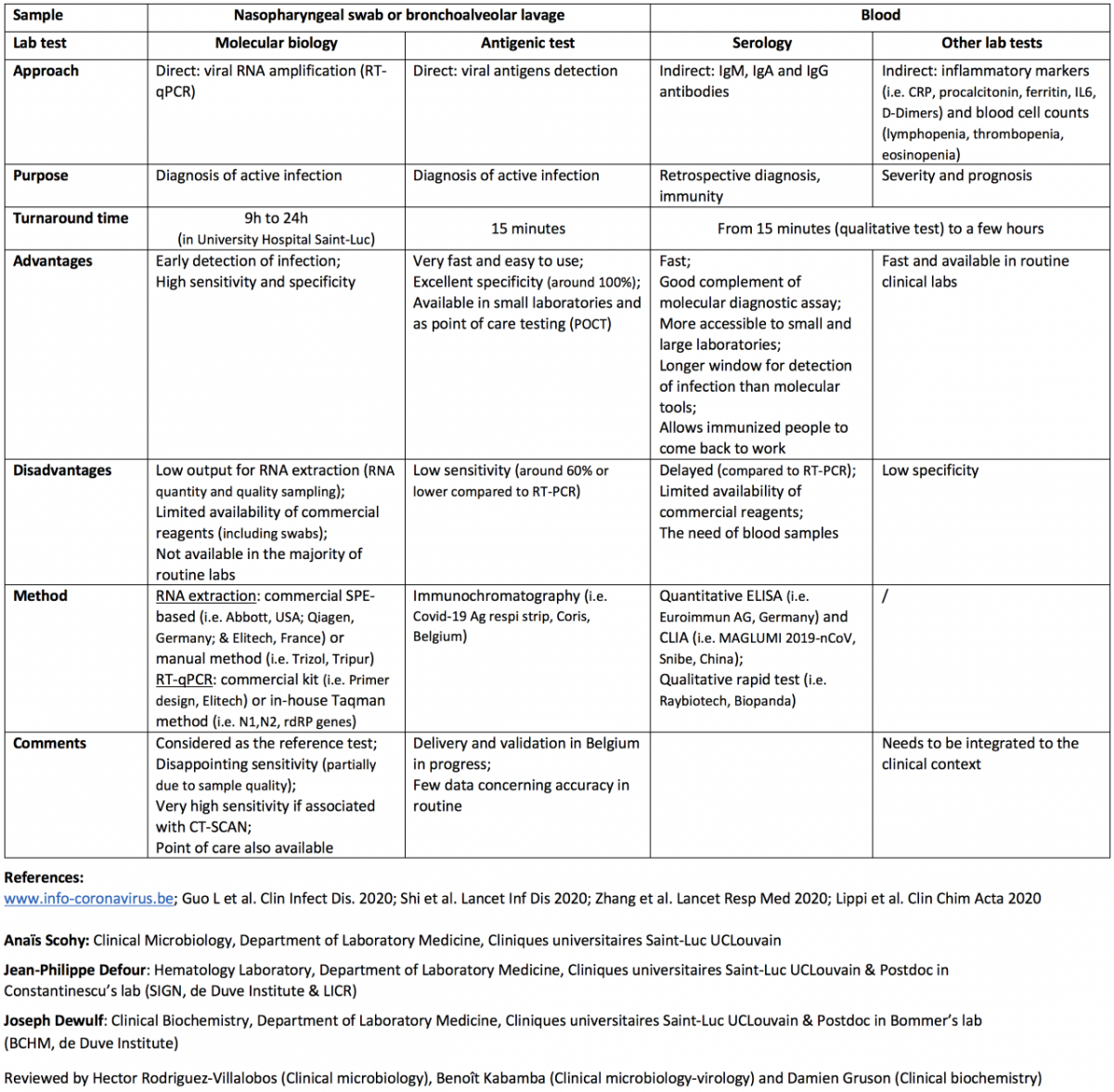 |
|
|
What tests are performed at Saint-Luc? |
|